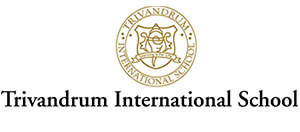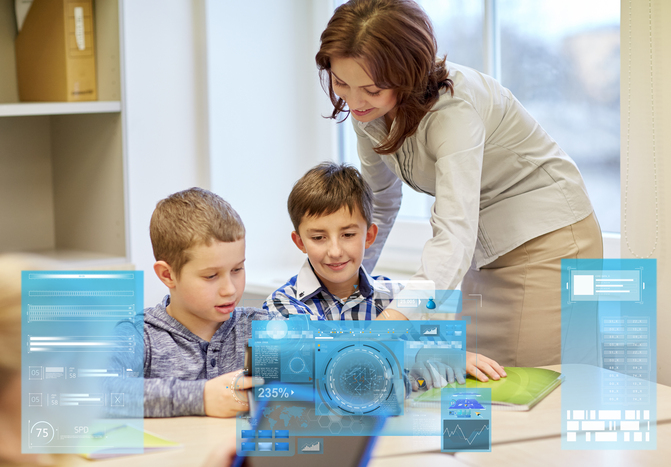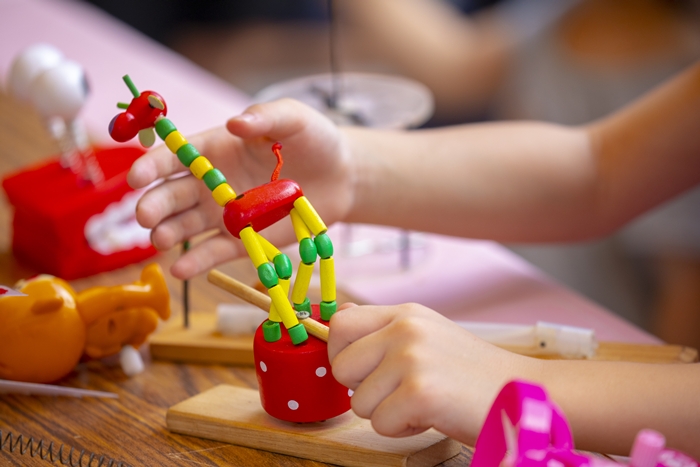

Beyond anxiety – Understanding the spectrum of emotional needs in children
Anxiety in children has become a well-recognised concern—especially in a world full of constant change, competition, and overstimulation. However, anxiety is only one visible part of a much broader emotional experience. Children, like adults, experience a wide range of emotions—some easy to recognise, others more subtle. Understanding this full spectrum of emotional needs is key… Read more »












